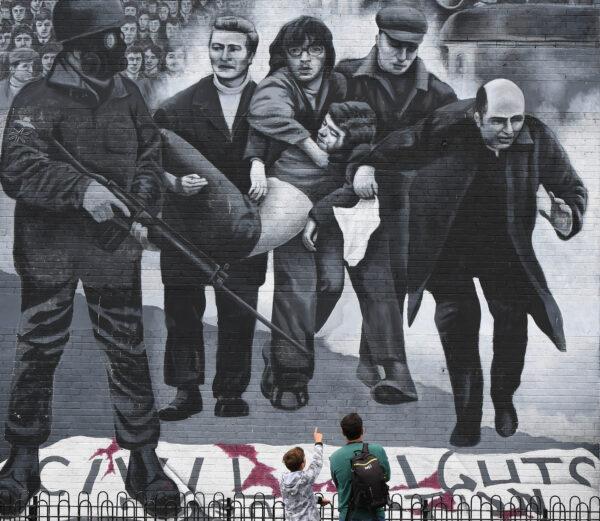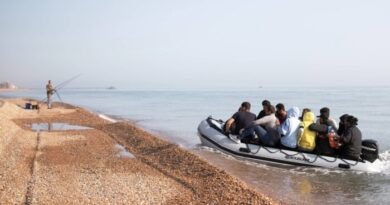Four Army Veterans Charged with Crimes Dating Back 52 Years During The Troubles
Four former soldiers in the British Army have been charged in connection with incidents which took place in Belfast in the midst of The Troubles in 1972. The prosecutions are almost certainly the last to be brought for incidents during The Troubles. On May 1, 2024 the guillotine falls on further prosecutions as a result of the passing of the controversial Northern Ireland Troubles (Legacy and Reconciliation) Bill. Northern Ireland’s Public Prosecution Service (PPS) announced on Thursday that an individual identified only as Soldier F had been charged with the murder of Patrick McVeigh, 44, who was shot during disturbances in the city in the early hours of May 13, 1972. He will also be prosecuted for the attempted murder of four other people wounded on the same night. Soldier F and three other retired servicemen, identified as Soldiers B, C, and D, are also accused of attempting to murder two men during an incident in Belfast’s Slievegallion Drive the previous night.
Military Reaction Force Operated in Belfast
The four men are said to have been members of a temporary army unit known as the Military Reaction Force (MRF), which was operating in Belfast in 1972.
More than 3,600 people were killed during The Troubles—the period of sectarian strife between 1969 and 1998 when the Provisional IRA sought to force a united Ireland through terrorism—and 1,000 of those killings remain unsolved. In journalist David McKittrick’s book “Lost Lives,” he described 1972 as a “turmoil of violence and political confusion, with a death toll far higher than any other year.” Bloody Sunday—when members of the Parachute Regiment shot dead 13 civil rights protesters in Londonderry in January 1972—was followed by a spate of riots and soldiers being assassinated by Provisional IRA snipers, especially in Belfast. Loyalist and republican mobs often attacked rival communities and burned people out of their homes. In “Lost Lives,” Mr. McKittrick says Mr. McVeigh, a Catholic who was himself a former soldier, was shot “by undercover soldiers who opened fire on a vigilante group made up of local residents.” Witnesses said that after the incident they saw the driver of the car carrying the MRF soldiers produce a pass to get through a military checkpoint in Finaghy Road North.

At an inquest into Mr. McVeigh’s death, six soldiers from the MRF claimed they had been fired on by men armed with rifles and …






